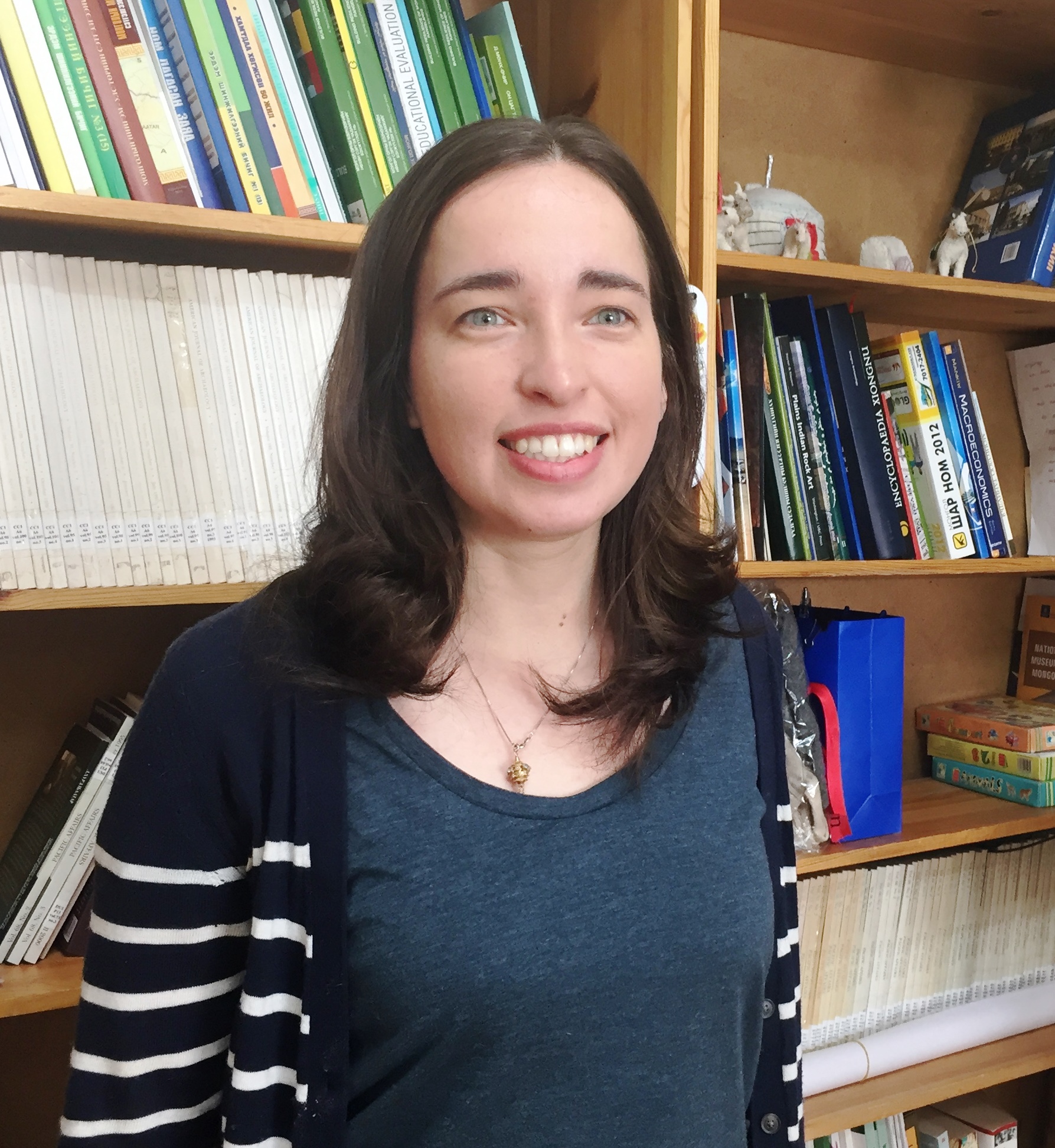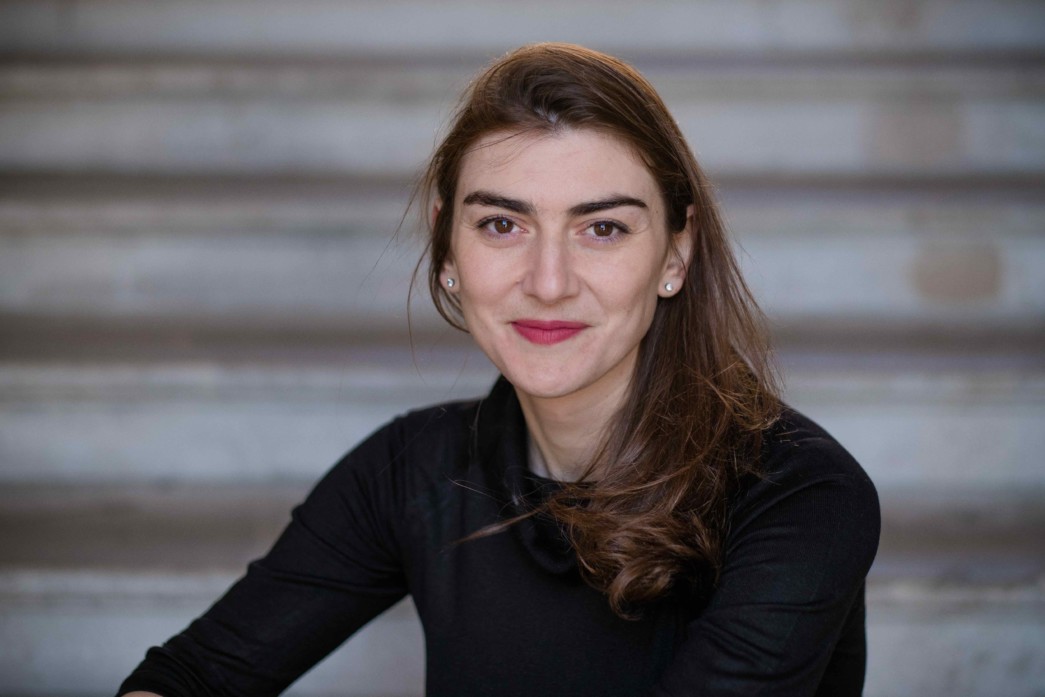Speaker Series
Speaker Series – Jonathan Addleton
Mongolia and the United States: The First 150 Years There is no certainly as to when the first US citizen visited the territory that now constitutes Mongolia. However, travel passes dating to the Manchu period in the Mongolian National Archives in Ulaanbaatar provide intriguing clues -- including one dating to 1862 that authorizes a "Mr. […]
Speaker Series – Kim Dupont-Madinier
Energy Efficient Gers for the Ger Districts Ulaanbaatar is the most polluted city in the world in the winter, where deadly air pollution has quickly become one of Mongolia’s biggest problems. The scope of Kim Dupont-Madinier's Fulbright Research Fellowship is to develop a ger that uses the energy efficient construction guidelines by following the Passive […]
Speaker Series – The Bound Steppe: Notes on Enslavement in Qing Mongolia
This presentation will briefly examine several archival examples of enslavement to illustrate several important topics and challenges in the history of slavery in Mongolia: the phenomenon of slavery skepticism in Inner Asian history, the terminology of enslavement in early modern Mongolia, and the seeming disappearance of slavery as a formal practice in the nineteenth century. […]
Speaker Series – Anne-Sophie Pratte
Mapping the Land and Making Borders: A Study of Mongolian Cartography from the Late 18th to the Early 20th century From the late 18th to the early 20th century, nine local maps of the Üizen banner (a part of the modern day Dornod aimag) were drawn by local Mongol administrators, who were tasked with mapping […]
Speaker Series – Daniel Miller
Where’s the beef ? Adapting Mongolian cattle raising practices to take advantage of growing markets for beef. Increasing opportunities for Mongolia to supply beef to markets in China, Russia and other countries, along with an expanding domestic market for high quality beef, have encouraged government policymakers, aid officials, and businessmen to make the case for […]
Speaker Series – Petya Andreeva
Fantastic Beasts on the Eurasian Steppes: The Politics of Burial Regalia in Iron Age Funerary Art along the Mongolian steppes and further west In its simplest definition, the term “animal style” is frequently used to describe a group of material comprised of portable luxury goods with zoomorphic designs commonly found in burials dispersed across the […]
Speaker Series – Kenneth Linden
Ravenous Beasts, Pitiful Sinners, and Class Enemies: A History of the Wolf in Mongolia In this talk I will offer a preliminary examination of the history of the relationship between wolves and humans. The history of the wolf in Mongolia provides an opportunity to disentangle the many competing factors used to explain human, environmental, and […]
Speaker Series – On Wooden Horses: Musical Interactions between Humans, Animals, and Others in Post-Socialist Mongolia.
About the speaker: Kip is a Ph.D student in cultural anthropology at the University of Wisconsin-Madison. He is currently based out of Ulaanbaatar, undertaking fieldwork for his dissertation until the summer of 2018. He has been working with horse-head fiddle players and teachers, long-song singers, and herders in central and eastern Mongolia since 2010. Kip's […]
Speaker Series – (Dis)integrations? Mega Projects and Narratives of State Legitimacy in the Gobi Desert
About the speaker: Ariell Ahearn is an ESRC postdoctoral fellow at the School for Geography and the Environment at the University of Oxford. She holds an MPA from Cornell University and a DPhil from the University of Oxford. She has worked with rural pastoralists in Mongolia since 2004 with research focusing on land tenure, local […]
Speaker Series – Jessica Madison: Golden Mountain, Iron Heap: A Poetic Ethnography of Extraction in Eastern Mongolia
About the speaker: Jessica Madison-Pískatá Jessica Madison-Pískatá is a PhD student in cultural anthropology at the University of California, Santa Cruz. She also holds a MFA in poetry from the New School in New York City. She is currently based in Ulaanbaatar, where she will be conducting dissertation fieldwork until the summer of 2018. She […]
Speaker Series – One for Each Trouble: Establishing and Navigating Private Clinics in Ulaanbaatar, Mongolia
About the speaker: Mari Valdur Mari Valdur is a PhD student of social anthropology at the University of Helsinki, Finland. She is based in Ulaanbaatar for her PhD fieldwork until fall 2018. This is her fifth visit since early 2012 now amounting to year and a half working and carrying out research in Mongolia. Her […]
Speaker Series – Sainbileg Byambadorj: Changkya Qutuγtu Rol-pa’i-rdo-rje: the Source of Lexical Sage and its influence to Mongolian scriptural translation
This year, 2017 marks the 300th birth anniversary of ChangkyaQutuγtu Rol-pa’i-rdo-rje (1717-1786). He will present in honoring his memory. Rolpai-dorje was an eminent scholar-monk who standardized Mongolian translation of Buddhist scriptures and was the chief editor of the translation project of the Mongolian Tangyur. In order to implement this translation project Changkya composed a bilingual orthography (guideline)entitled “The […]










